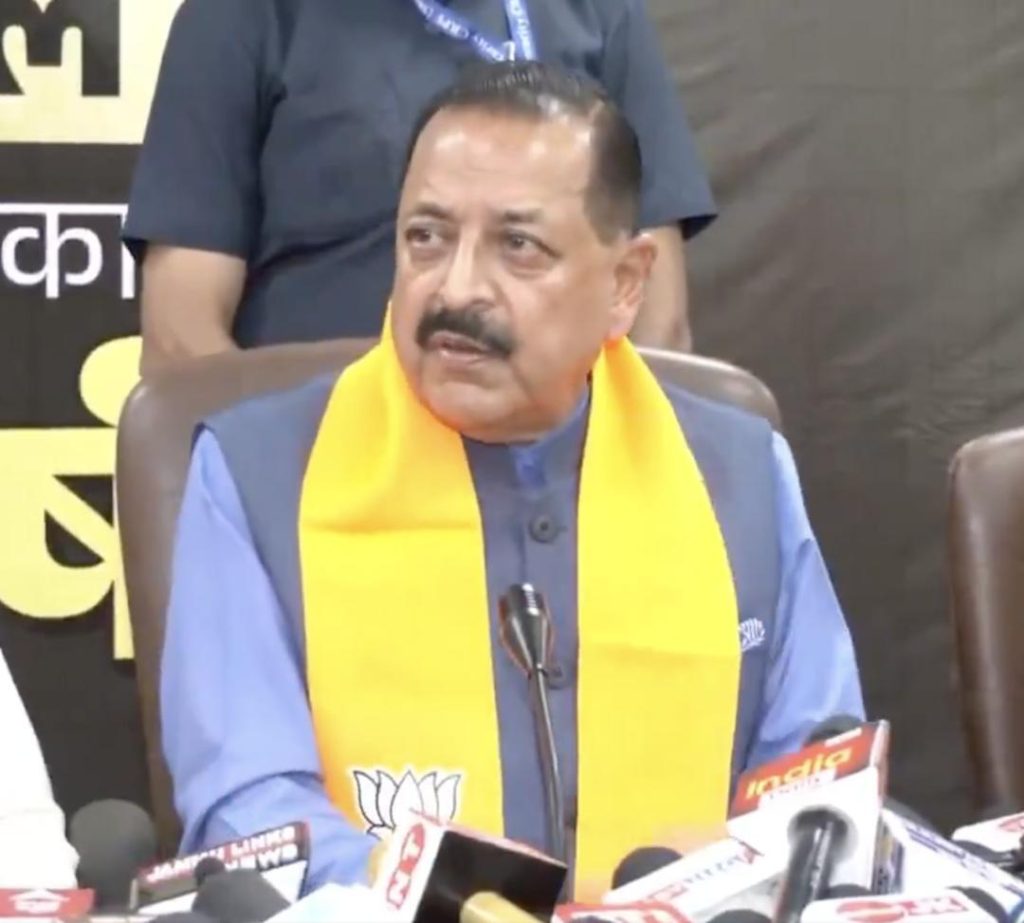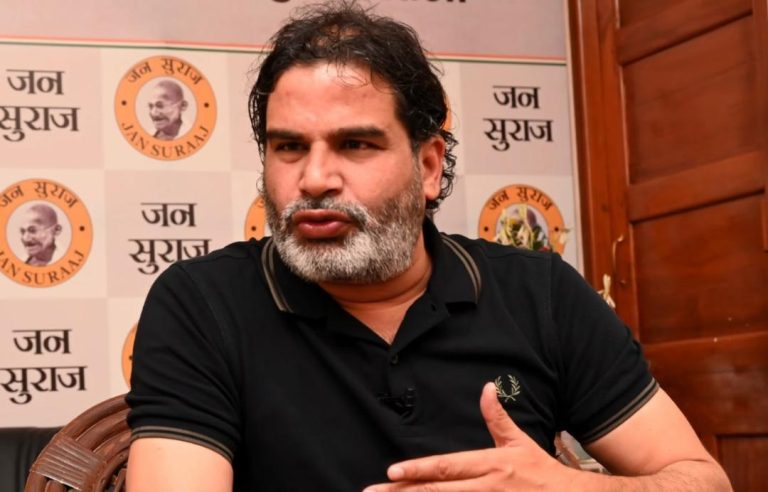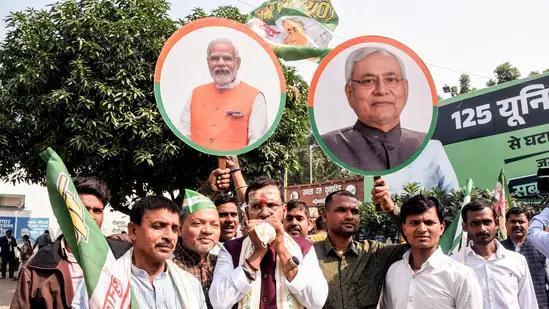
MoS backs RSS’ call to remove ‘socialist’, ‘secular’ from Preamble
In a recent statement, Union Minister of State Jitendra Singh has lent his support to the demand made by RSS General Secretary Dattatreya Hosabale to consider removing the words “socialist” and “secular” from the Preamble of the Indian Constitution. The minister’s statement has sparked a heated debate, with many questioning the move and its implications on the country’s secular fabric.
In a tweet, Singh said, “I don’t think there are two opinions on this. These words were not a part of the original constitution framed by Dr BR Ambedkar and were added later through the 42nd Amendment.” His statement is seen as a significant endorsement of the RSS’ demand, which has been a topic of discussion for some time now.
For those who may not be aware, the Preamble to the Indian Constitution is a brief introduction to the document that sets out the country’s fundamental goals and objectives. It reads, “We, the People of India, having solemnly resolved to constitute India into a Sovereign Socialist Secular Democratic Republic and to secure to all its citizens: Justice, social, economic and political; Liberty of thought, expression, belief, faith and worship; Equality of status and of opportunity; and to promote among them all Fraternity, assuring the dignity and the unity of the Nation.”
The demand to remove the words “socialist” and “secular” from the Preamble has been made by the RSS, which claims that these words were not part of the original Constitution framed by Dr BR Ambedkar. The RSS argues that the Constitution was originally intended to be a democratic and constitutional republic, and that the addition of these words later on was an attempt to impose a particular ideology on the country.
The RSS’ demand has been met with opposition from many quarters, with many arguing that removing these words would undermine the country’s secular fabric and its commitment to social justice and equality. Critics of the move have also pointed out that the Preamble is not a separate document, but rather an integral part of the Constitution, and that changing it would require a comprehensive overhaul of the document.
Despite the controversy, the Union Minister of State’s statement has lent significant credibility to the RSS’ demand. Singh’s assertion that the words “socialist” and “secular” were not part of the original Constitution framed by Dr BR Ambedkar has been widely reported, and has sparked a lively debate on social media and in the media.
So, what are the implications of removing these words from the Preamble? One of the most significant concerns is that it would undermine the country’s commitment to social justice and equality. The words “socialist” and “secular” are seen as key elements of the Constitution’s attempt to promote social and economic justice, and removing them would send a message that these goals are no longer considered important.
Another concern is that removing these words would create a vacuum that could be filled by other ideologies or beliefs. In a country with a diverse population and a complex social fabric, it is crucial that the Constitution remains committed to promoting social justice and equality, regardless of an individual’s religion, caste, or creed.
Critics of the move have also pointed out that the Constitution is not a static document, but rather a living and evolving document that has been amended several times since its adoption. They argue that the Preamble is not a sacred text that cannot be changed, but rather a statement of the country’s fundamental goals and objectives.
In conclusion, the demand to remove the words “socialist” and “secular” from the Preamble of the Indian Constitution is a contentious issue that has sparked a heated debate. While the Union Minister of State’s statement has lent credibility to the RSS’ demand, many have expressed concerns about the implications of such a move. As the debate continues, it is crucial that we engage with the issues at stake and consider the potential consequences of changing the Preamble.
Source:




